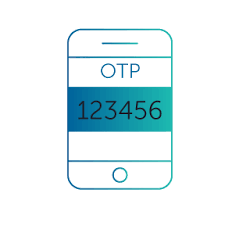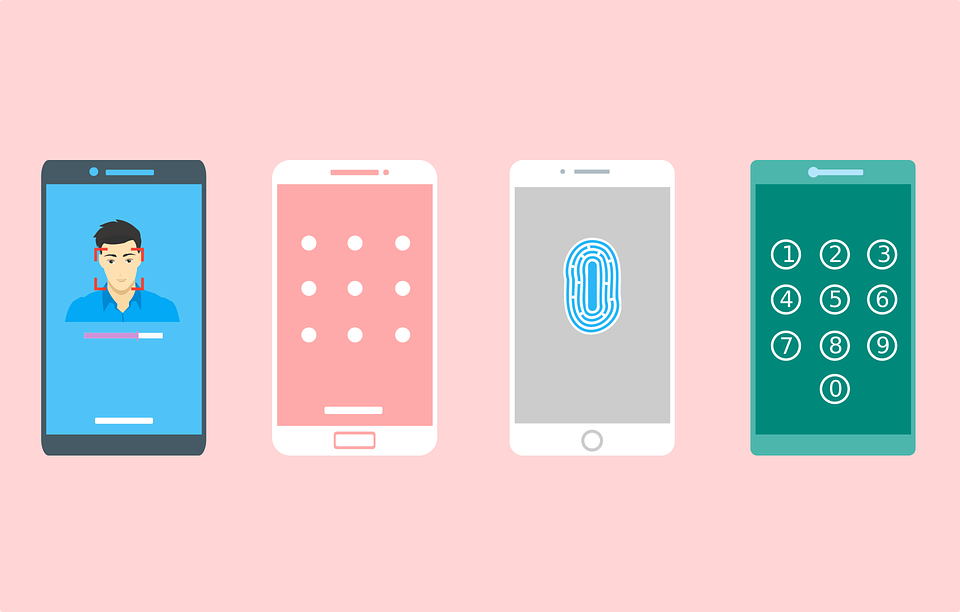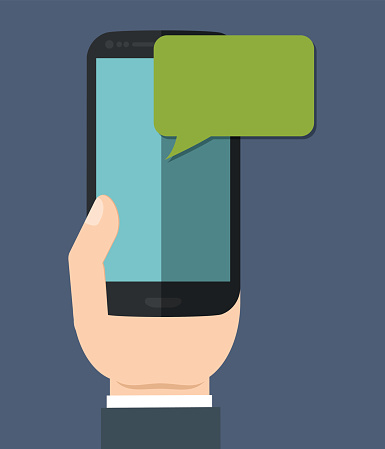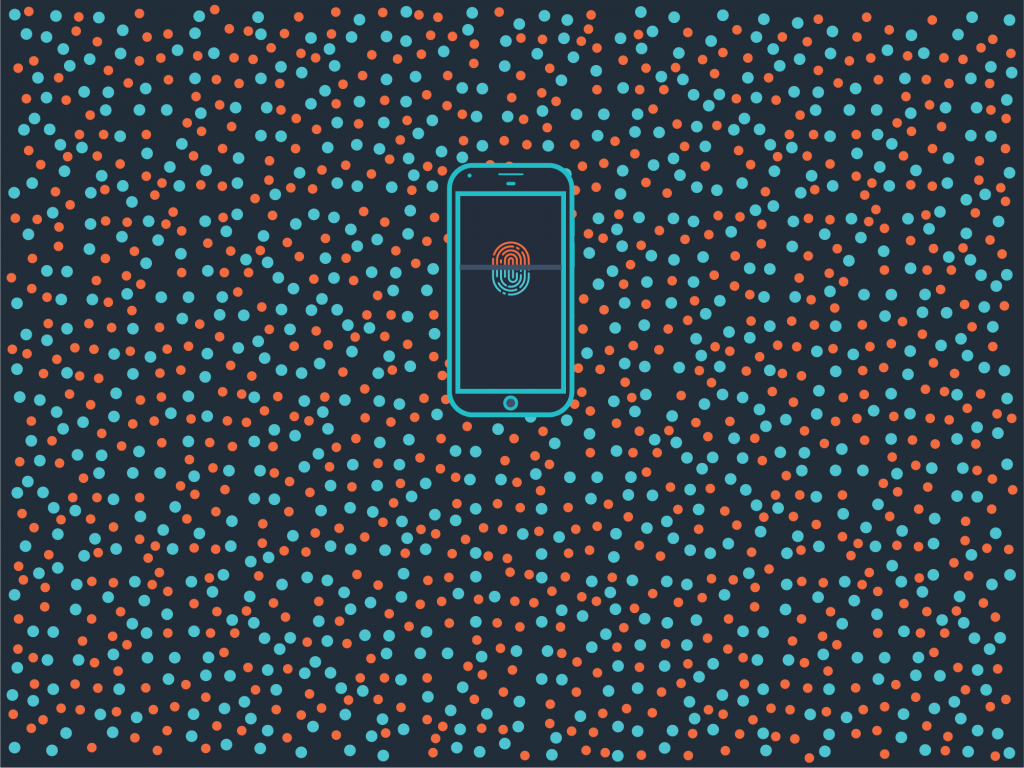Phone numbers are the fastest, personal and most intuitive identity to use in the mobile era. While you might still think of your driver’s license as your ID, it doesn’t really do much for you online. Phone numbers are another thing entirely. Persistent and unique across all networks and telcos, phone numbers are the new user ID.
While many of us consider mobile verification merely a simpler way to sign up for trendy apps, particularly while on mobile, for some, the mobile phone number has become their means of user identification.
In emerging markets, mobile Internet access exceeds desktop access by leaps and bounds. And in the developed world, many young people are accessing the internet for the first time via a mobile device.
Phone Numbers Are Growing Faster Than Us
Mobile phones are growing faster than the human population. The human population is growing at 1.2% annually, which comes in at about two people per second. The number of devices, on the other hand, is multiplying five times as quickly.
Phones are everywhere. Many people will retain a phone number for decades, and in most cases, they are associated with a single person, making them an almost perfect unique ID.
For these reasons, it’s becoming common practice in many industries to require a phone number during the registration/onboarding process: taxi hailing, messaging, and social networks.
“lol someone tried to hack my Xbox account email sorry buddy phone verification 😉“
— Scott / EcKo (@eckoxsoldier) June 16, 2015
And users like the convenience of using their phone as their identity. While we all struggle to remember convoluted passwords, a myriad of usernames and PIN numbers that don’t make sense, everyone knows their own phone number — 10 digits they’ll always remember (no more of the mf234@bvc.com silliness).
They’re memorable and easy to type, a significant factor when more than half of all Internet usage is via a mobile device – for app developers, whose sole usage is mobile, the case for mobile phones as the verification means is even clearer.
Changing the Standard
 We can’t assume that because email authentication has been the de facto standard for decades, that it’s the right way to move forward.
We can’t assume that because email authentication has been the de facto standard for decades, that it’s the right way to move forward.
For younger users, or those in emerging markets, who are accessing the Internet for the first time via a mobile device, the phone number is their entry to the internet. The mobile phone is the new user identity, and we should be prepared for this.
The Social Graph Grows Apps
The phone number holds the key to the most intimate social graph someone holds – their phone contacts. While Facebook, and even email contacts, can be made up of many people who the user doesn’t really know (or even care to know), the people that mean the most to them are often a part of their phone contacts.
Authentication via the user’s phone allows you to offer a variety of helpful ways for the user to share your app throughout his trusted phone contacts, in a way that is trusted and full of value.
Getting a Phone Number Takes Work
Phone numbers require both financial resources and effort to obtain (and maintain). In many countries, an ID is required to obtain a phone number, so the time cost of losing a phone number is substantial. They’re often tied to lengthy applications and have a monthly cost to maintain.
So there’s some level of effort to get a phone number, and there’s a substantial reason to avoid losing it, which is an abuse deterrent. And, phone numbers can be traced, an additional barrier to abuse.
While some developers still use email or IP as a way to pinpoint who a user is, in real life, both of these verification methods are flawed. Emails are easy to obtain and free. Lose one, and it’s simple to get another one.

No Spoofing
Some community managers spend a part of each day looking for batch emails that spammers create in bulk. IP addresses are again, easy to obtain, change often on mobile, and are child’s play to spoof. Unlike these current standards, the phone number is both unique and has a sizable barrier to entry.
It seems that for the majority of websites and apps out there, two-step verification is no longer a nice-to-have addition to your app, it’s almost mandatory.
Knowing that your users are real people is vital to a strong, growing community. Many players have already embraced phone numbers for verification, and those that haven’t continue to give us all examples to learn from.
Want to get started onboarding and verifying your users via SMS? Check out the RingCaptcha docs.


 Verification
Verification 

